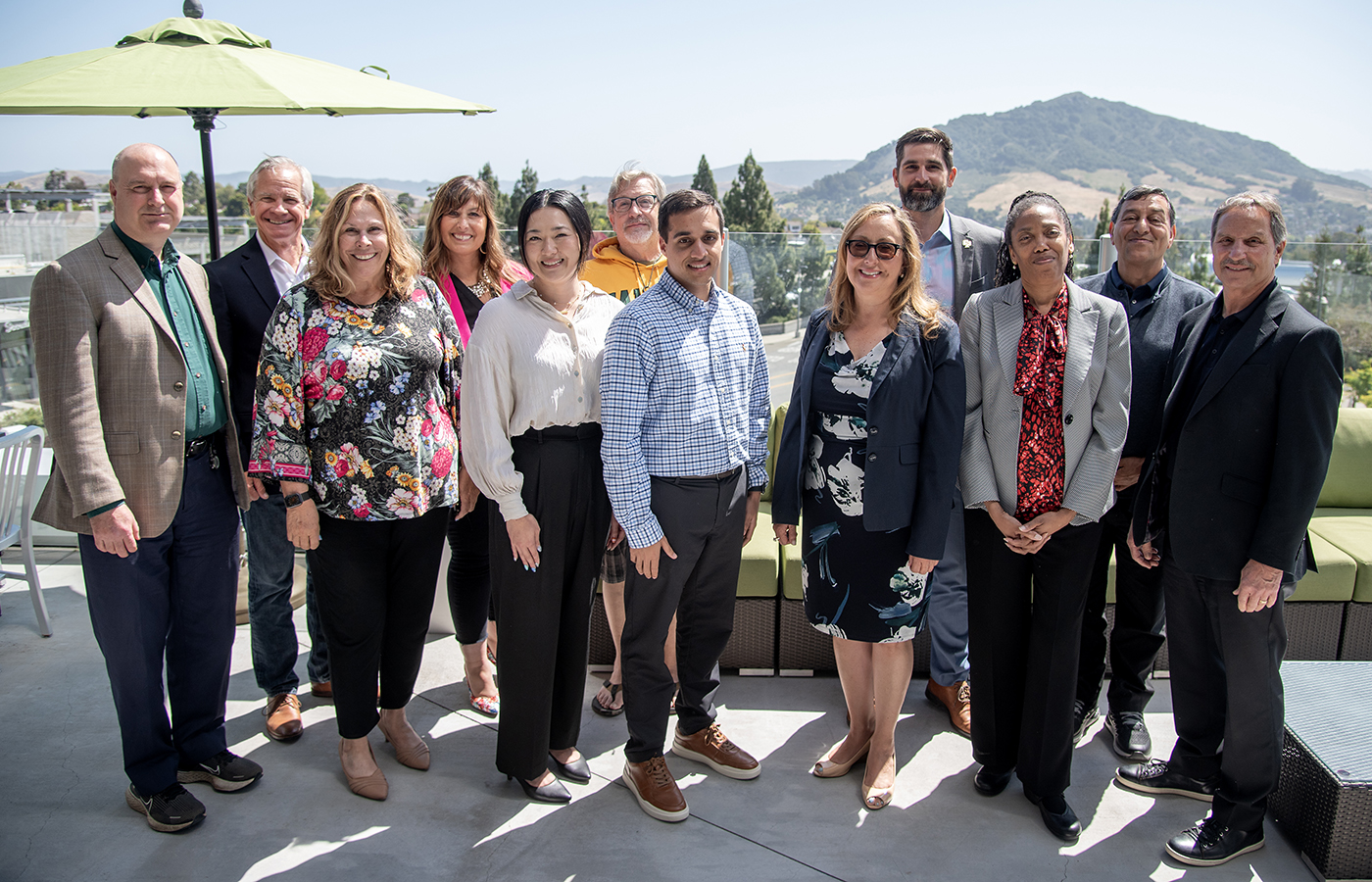governance
The People and Bylaws that Govern Us
We are a 501(c)(3) nonprofit organization and one of 86 auxiliaries within the California State University system. In this capacity, we help Cal Poly evolve and elevate the educational experience and empower the university community to strive for more.
Through our network of professional staff, we provide fiscal and administrative services to units across campus. We support faculty and student research through our Sponsored Programs office. We deliver diverse dining options as well as affordable textbooks and academic supplies. And we provide a growing offering of attainable faculty and staff housing.
We are 100 percent self-supporting and receive no state funding. Every dollar we generate goes back to Cal Poly in support of Learn by Doing.







